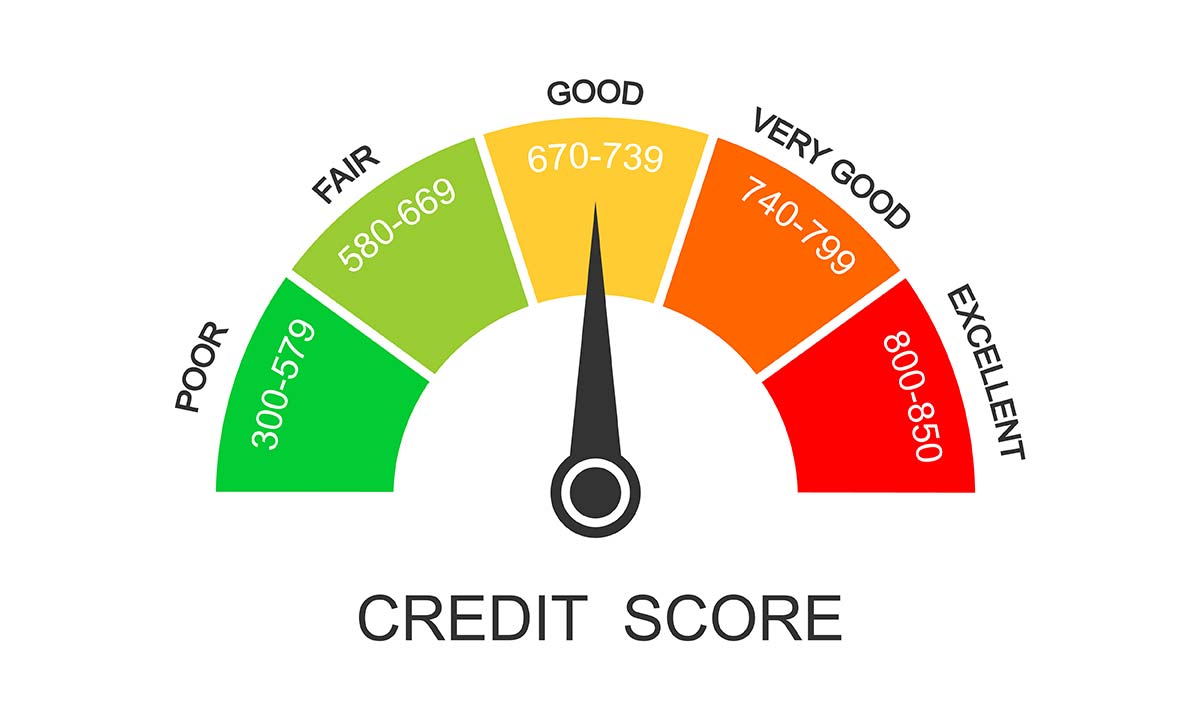Why Is My FICO Score So Important in Getting a Mortgage?
Most lenders rely on a credit score, called a “FICO score” to determine a Borrower’s creditworthiness when applying for a mortgage. Your FICO score or number may determine what type of interest rate and loan program you are likely to be offered from any one lender. Each lender may have different guidelines and requirements to fit their individual loan programs. Your FICO score is comprised of a compilation of your credit history from the three major credit reporting bureaus, Equifax, Transunion, and Experian. Since each credit bureau may collect your credit data differently, an average score of the three bureaus is deemed the most accurate. The base FICO scores range from 300-850.
In general terms, a score of 720 or better will mean that your credit risk is very low and you may be offered a preferred low interest rate and several loan program options. A FICO score in the range of 660 to 719 is still acceptable for several different loan programs. A score of 620 to 659 indicates a Borrower shows a higher degree of risk to default on a loan, so different guidelines may apply than for a Borrower with a higher FICO score. Under 619, a Borrower is generally considered a high risk for default. A high-risk Borrower may still qualify for a loan, but the interest rate or terms may not be as favorable as of those offered to a low-risk Borrower.
Your FICO score also plays an important role when you apply for a new or leased car, ask to obtain a credit card, or make other big purchases. You will soon realize that a preferred FICO score will get you the best deal and terms. As an example, the higher your FICO Score the larger credit limit credit card companies will offer you.
How Do I Establish Credit To Qualify For A Mortgage?
If you are a young Borrower, or a new Borrower, with little or no credit history you can establish credit by working for two years, paying off something small, like a student loan each month, and get one debit card and pay it off each month.
FICO uses percentages to calculate your FICO score. A general breakdown of the percentages used is:
Payment history: 35% Making on-time payments on your credit accounts can help your scores.
Amounts owed: 30% The percentage of debt you owe relative to the amount of credit you could borrow. How
Length of credit history: 15% This category includes the average age of your credit accounts.
Credit mix: 10% This relates to your type of accounts-whether revolving accounts such as credit cards, of installment accounts such as a car loan, personal loan or mortgage
New Credit: 10% – This category considers whether you have recently applied or opened new accounts.
Check your FICO score regularly. Many credit cards offer this as a free service, and banks where you have an account also often will give you your credit score whenever you ask.
How Do I Get A Copy of My Credit Report
You have the right to request one free copy of your credit report each year from each of the three major consumer reporting companies (Equifax, Experian, and TransUnion) by visiting AnnualCreditReport.com.
You can request and review your free report through one of the following ways:
- Online: Visit AnnualCreditReport.com
- Phone: Call (877) 322-8228
- Mail: Download and complete the Annual Credit Report Request form . Mail the completed form to:
Annual Credit Report Request Service
P.O. Box 105281
Atlanta, GA 30348-5281
The website freescoreonline.com will allow you to order your credit report at no cost.There are other services that offer a monitoring program of your Credit Report and alert you in the event if fraud were to occur.





